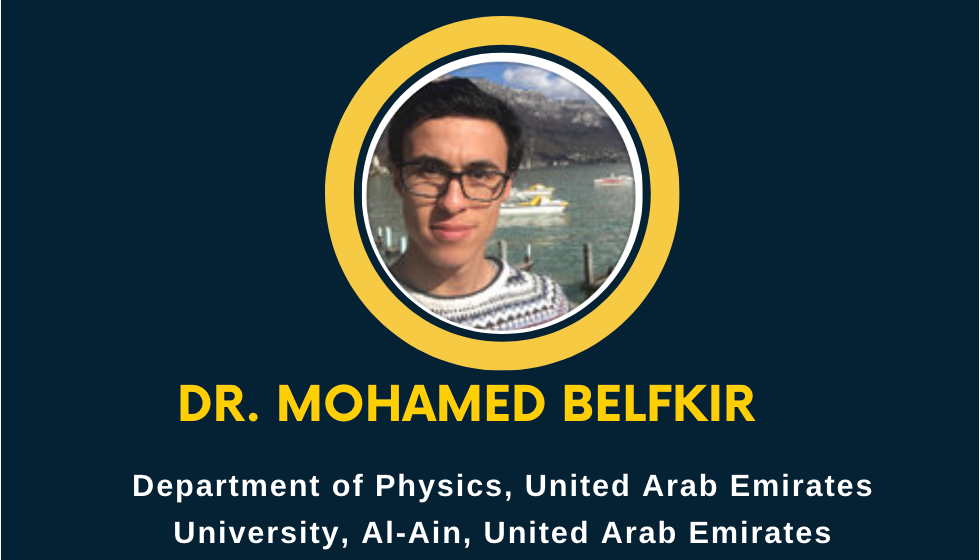Ours Keynote Speakers
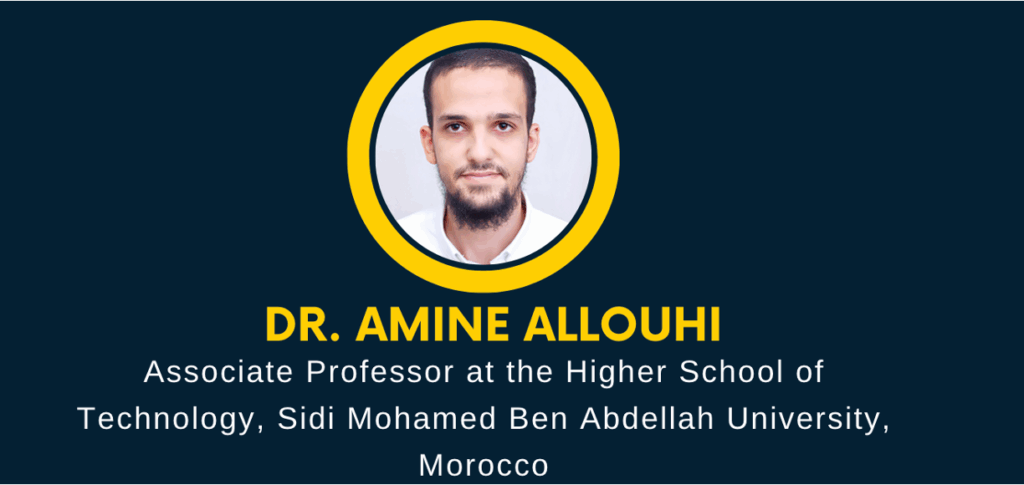
Biography
Amine ALLOUHI is an Associate Professor of Energy Engineering and Sustainability at SidiMohamed Ben Abdellah University in Fez.
He specializes in renewable energy systems, energy efficiency, and sustainable technologies.
His academic path includes advanced training in energy engineering and extensive research experience.
Amine’s work covers solar thermal systems, photovoltaic technologies, energy storage, and building energy performance.
He has led and contributed to several national and international research and development projects.
Amine collaborates with universities and research groups across multiple countries.
He is an active reviewer for reputable journals in energy and sustainability.
Committed to innovation and education, he works to bridge scientific research with practical energy solutions.
Title : Integrated Multi-Objective Optimization and Decision-Making for High-Performance, Energy-Efficient Buildings
Abstract
Improving energy efficiency and integrating renewable energy sources are essential for achieving sustainable and low-carbon buildings. This talk presents an advanced methodological framework that combines multi-objective optimization with Multi-Criteria Decision-Making (MCDM) to support the design and operation of high-performance buildings. The approach evaluates a wide range of parameters—including envelope characteristics, HVAC configurations, passive measures, and renewable energy systems—while simultaneously optimizing conflicting objectives such as energy use, thermal comfort, economic cost, and environmental impact. Multi-objective algorithms generate a set of optimal trade-off solutions, forming a comprehensive decision space for designers and planners. MCDM methods are then applied to rank and select the most suitable solutions according to different stakeholder priorities, contextual constraints, and sustainability goals. Results demonstrate that integrating optimization and decision-making techniques significantly enhances transparency in the design process, supports robust technology selection, and enables the development of resilient, energy-efficient buildings with effective renewable energy integration
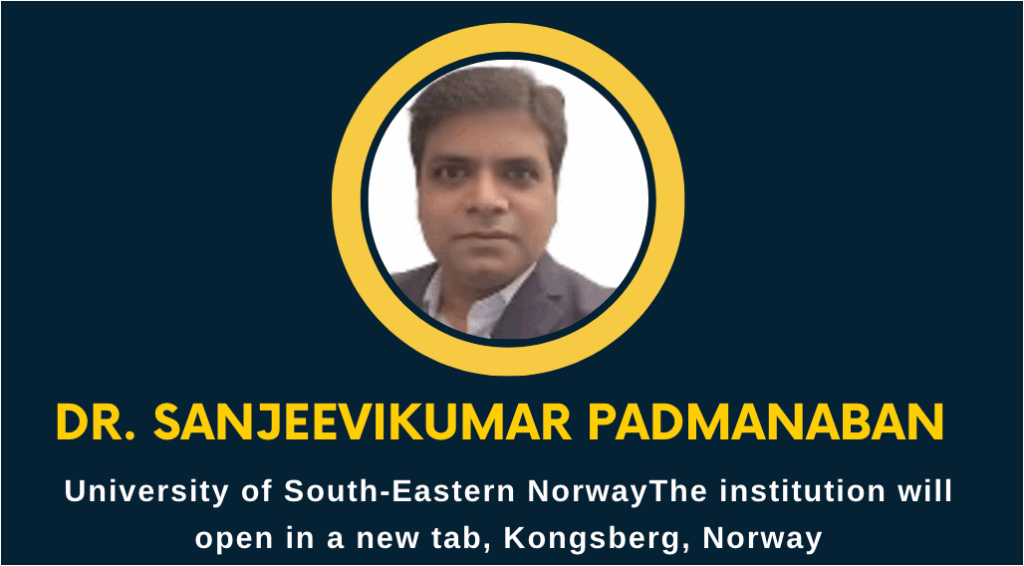
Sanjeevikumar Padmanaban (Member’12–Senior Member’15, IEEE) received a Ph.D. in electrical engineering from the University of Bologna, Bologna, Italy, in 2012. He is a Full Professor in Electrical Power Engineering at the Department of Electrical Engineering, Information Technology, and Cybernetics, University of South-Eastern Norway, Norway. S. Padmanaban has authored over 750+ scientific papers and received the Best Paper cum Most Excellent Research Paper Award from IET-SEISCON’13, IET-CEAT’16, IEEE-EECSI’19, IEEE-CENCON’19, and five best paper awards from ETAEERE’16 sponsored by Lecture Notes in Electrical Engineering, Springer book. He is a Fellow of the Institution of Engineers, India, the Institution of Electronics and Telecommunication Engineers, India, and the Institution of Engineering and Technology, U.K., and a Fellow of the European Academy of Sciences (Belgium). He received a Lifetime Achievement Award from Marquis Who’s Who – USA 2017 for his contributions to power electronics and renewable energy research. He is listed among the world’s top 2 scientists (from 2019) by Stanford University, USA. He received the IEEE Systems Council Outstanding Service Award 2025 for his contributions to visionary leadership and outstanding service to the IEEE Systems Council through transformative educational initiatives and global outreach. Also, he received the IEEE Bozenna Pasik-Duncan Humanitarian Mentorship Award 2025 for his mentorship that extends beyond professional excellence, making a human impact by spearheading inclusion, empathy, and opportunity across global technical communities.
He is an Editor/Associate Editor/Editorial Board member for refereed journals, in particular the IEEE SYSTEMS JOURNAL, IEEE Transactions on Industry Applications, IEEE ACCESS, IET Power Electronics, IET Electronics Letters, and Wiley-International Transactions on Electrical Energy Systems. Subject Editorial Board Member—Energy Sources—Energies Journal, MDPI, and the Subject Editor for the IET Renewable Power Generation, IET Generation, Transmission and Distribution, and FACETS Journal (Canada).
Title: AI–Inspired Renewable Smart Power Electronics Applications
Abstract:
Power converters and control strategies play a crucial role in enhancing the power of renewable energy sources (PV, wind, fuel cell stack, batteries) through voltage conversion. Several power converter topologies and control algorithms are proposed for various grid-connected and vehicular applications.
State-of-the-art technology, including newly developed control strategies such as Hybrid ANFIS-PSO and Lyapunov function, will be discussed in the presentation for Power Converter configuration in Fuel Cell – Vehicular Power Train (FC-VPT), Renewables, and Microgrids applications. New power converters with the modified version are viable and cost-effective solutions with reduced size and increased efficiency. The comprehensive review and comparison of different control strategies for grid-connected/anti-islanding operation, Maximum Power Point Tracking under partial shading conditions, and their suitability for various applications will be discussed in the presentation, while avoiding the use of the Phase-Locked Loop (PLL). So, please make sure the demand for the vehicles’ grid-connected systems, motors, and EV powertrains.
Finally, the advantages/disadvantages of each converter’s prominent features, challenges, and applications will be pointed out in the presentation for fuel cell (FC) technology, EVs, Microgrids, and Renewables.
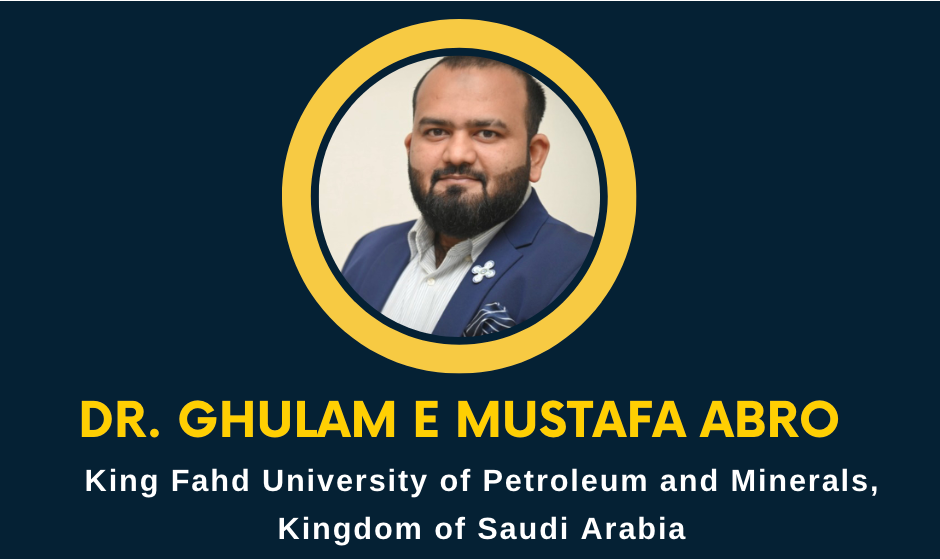
Ghulam E. Mustafa Abro is a Senior Member of IEEE and a Distinguished Academician and Researcher. He was awarded the Late Prof. Peter B. Luh Memorial Young Research Award in September 2024 for his work in robotics and control at IEEE CASE 2024 in Bari, Italy. He is currently an Academic Affiliate with the Aerospace Engineering Department, KFUPM, Saudi Arabia; and a Postdoctoral Fellow Researcher with the Interdisciplinary Research Centre for Aviation and Space Exploration (ranked QS Top 67th in Engineering and Technology). His work encompasses the study of mechatronic systems, including dynamics, control, prototyping, and stabilisation. He has over nine years of experience in teaching and research. Furthermore, he has made significant contributions to real-world autonomous solutions via swarm intelligence and multi-agent-based solutions, and robotic motion planning, autonomous systems, and AI-driven perception. During the Research Award Ceremony held in August 2025 at the Centre for Aviation and Space Exploration KFUPM, Saudi Arabia, he received the Best Research Excellence Award for his robotics and control research from Dr. Charles Elachi, a Distinguished Professor at Caltech University, United States and the former Director of the Jet Propulsion Laboratory (JPL), NASA.
Topic: Bridging Precision and Speed: Multi-Model Predictive Control for Real-Time Attitude Control for Quadrotor Drones
Abstract:
High-refresh-rate attitude control in UAVs has long forced a trade-off between the precision of nonlinear model predictive control (NMPC) and the speed of linear MPC (LMPC). This keynote presents a Multi-Model Predictive Control (MMPC) framework that closes this gap, delivering NMPC-level performance at LMPC-level computational cost. The approach integrates Principal Component Analysis (PCA) for model reduction with a bank of linearized quadrotor attitude models, dramatically cutting complexity and the number of LMPCs required online. To ensure smooth operation across models, we introduce an adaptive gain-scheduling mechanism that mitigates the chattering common in multi-model schemes—reducing high-frequency motor noise, limiting peak overshoot, and easing actuator wear. Comparative studies show the proposed MMPC surpasses conventional incremental nonlinear dynamic inversion, sliding-mode control, and baseline NMPC/LMPC setups, while remaining deployable on resource-constrained platforms. Attendees will learn how model reduction, seamless switching, and predictive optimisation can be combined into a practical, stable, and computationally efficient control solution for autonomous aerial systems—unlocking reliable real-time performance from research prototypes to fielded UAV fleets.
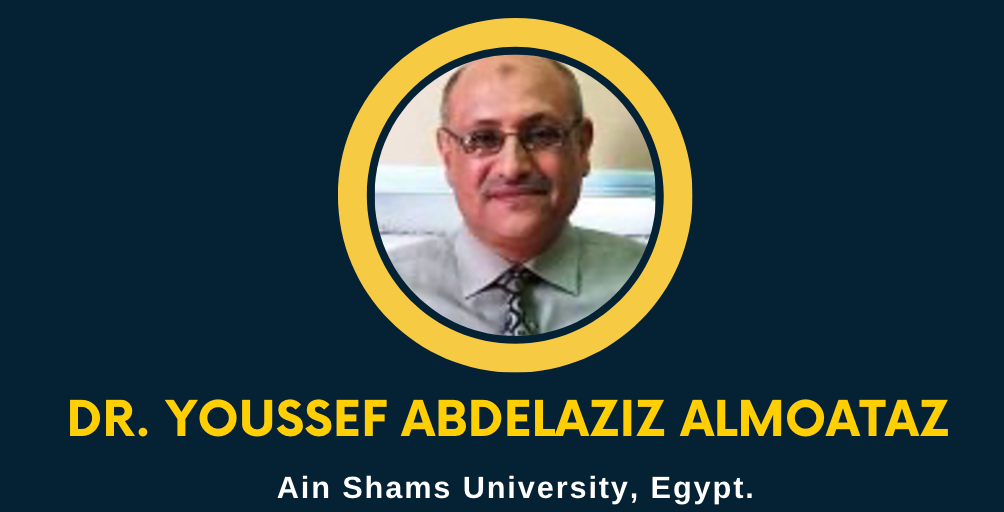
Biography
Professor Almoataz Youssef Abdelaziz is a distinguished Egyptian scholar in the field of Electrical Engineering, specializing in Electrical Power and Machines. Born on September 14, 1963, in Cairo, Egypt, he has built a long and impactful academic career marked by excellence, dedication, and international collaboration. He obtained his B.Sc. in Electrical Engineering from the Faculty of Engineering at Ain Shams University in 1985, graduating first in a cohort of 180 students with an overall “Excellent” grade. He continued at the same institution to earn his M.Sc. in 1990, focusing on pattern recognition techniques for out-of-step protection in electrical power systems.
In 1996, Professor Abdelaziz received his Ph.D. in Electrical Engineering from Ain Shams University, conducting part of his research at Brunel University in England under joint supervision. His doctoral work explored the application of artificial neural networks in adaptive protection and out-of-step relaying—an area in which he later became widely recognized.
Currently serving at the Faculty of Engineering, Ain Shams University, he has established himself as a leading researcher in artificial intelligence applications in electrical power systems and renewable energy, as well as in modern optimization techniques for power system operation, planning, and control. Professor Abdelaziz has contributed extensively to scientific literature and is active within several major academic and research platforms including Scopus, ORCID, Web of Science, Google Scholar, and ResearchGate.
Throughout his career, he has demonstrated unwavering commitment to advancing power system technologies, mentoring young engineers, and promoting innovation within the energy sector.
Title : Recent Research Directions in Electrical Power Systems

Biography
Engineer – INSA Lyon • PhD in AI (INRIA)
Transversal Manager – Sopra Steria Group
International Consultant in Generative & Predictive AI
Hamid El Mrabet is an engineer graduated from INSA Lyon and holds a PhD in Artificial Intelligence from INRIA. With more than 33 years of experience at Sopra Steria Group, he is an expert in generative AI, predictive AI, industrial optimization, software quality, and sustainable digital transformation.
As an international speaker, he regularly works with companies, universities, and public institutions in France and Morocco.
Originally from Taounate, he is leading an innovative organic and educational farm project that integrates smart technologies and agroecology.
Synopsis
AI Applied to Industrial Processes: Optimization, Predictivity and Sustainability
Artificial Intelligence is now a key driver for transforming industrial operations by enhancing performance, product quality, energy efficiency, and decision-making. This talk provides a practical overview of how Predictive, Generative, and Data-Driven AI models can be applied to modern industrial processes.
Key topics include predictive maintenance, intelligent visual inspection, digital twins, AI-assisted decision support, process optimization, and the use of Generative AI for design, documentation, and workflow standardization.
The presentation will also introduce a realistic roadmap tailored to the Moroccan industrial landscape, covering data readiness, digital infrastructure, AI governance, cybersecurity, and responsible deployment of intelligent agents.
